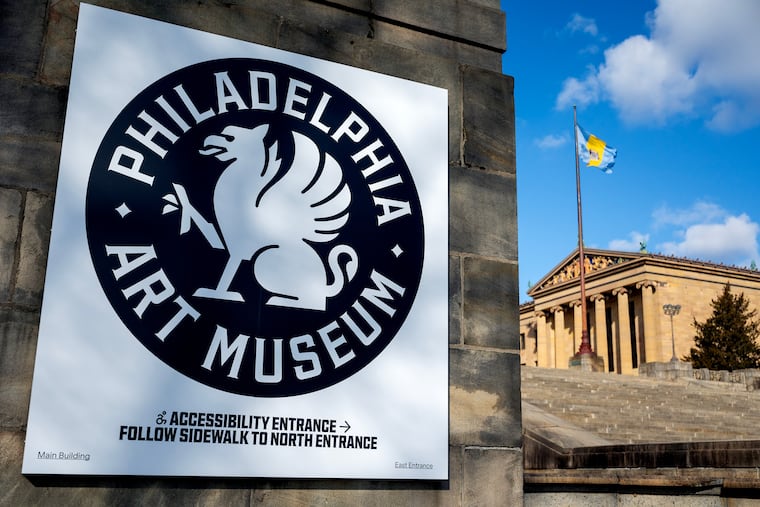Police Use Water Cannon Against Protesters Outside Presidential Palace in Georgia

On October 4, 2025, tensions escalated in Tbilisi, Georgia, where opposition protests culminated in violent clashes with riot police. Authorities deployed water cannons, pepper spray, and tear gas in response to demonstrators who sought to breach the presidential palace during local elections. This was a significant moment in the ongoing political landscape of Georgia, which has been marred by allegations of authoritarian governance and pro-Russian policies under the ruling Georgian Dream (GD) party.
The unrest began when opposition factions, boycotting the municipal elections, called for a “peaceful revolution” against the GD, arguing that the party has veered towards autocratic rule. In a significant display of dissent, thousands of protesters gathered at Freedom Square and Rustaveli Avenue, brandishing Georgian and European Union flags. This demonstration, characterized as a bold statement against the ruling government, took a turn when some participants barricaded nearby streets, ignited fires, and ultimately clashed with law enforcement.
As evening fell, a segment of the crowd attempted to reach the presidential palace, which sparked heightened tensions. Witnesses reported efforts to breach security barriers surrounding the palace grounds, escalating the confrontation further. In response, the Ministry of Internal Affairs declared the rally unlawful, asserting that it had exceeded the parameters established by government regulations.
Despite these developments, opposition leaders have expressed firm intentions to continue their protests until their grievances are adequately addressed. “Today is the outcome of a deep crisis caused by our pro-Russian and authoritarian government,” stated protester Davit Mzhavanadze, emphasizing the demonstrators’ resolve to seek change.
In the wake of the unrest, the GD party, founded by billionaire Bidzina Ivanishvili, announced victories across all municipalities in the country. The party has vigorously denied allegations of electoral fraud, asserting its commitment to EU membership while simultaneously fostering a stable relationship with Russia.
In recent years, Georgia, once regarded as a beacon of pro-Western sentiment in the region following the Soviet Union’s dissolution, has experienced a shift in its geopolitical relations. The government’s recent regulatory moves have led to a cooling of ties with both Europe and the United States, particularly after the controversial parliamentary elections the previous year, which also triggered widespread protests.
This resurgence of protests signifies a critical juncture in Georgian politics, reflecting profound societal divisions and the public’s increasing demand for transparent governance and authentic democratic processes.
#PoliticsNews #MiddleEastNews






